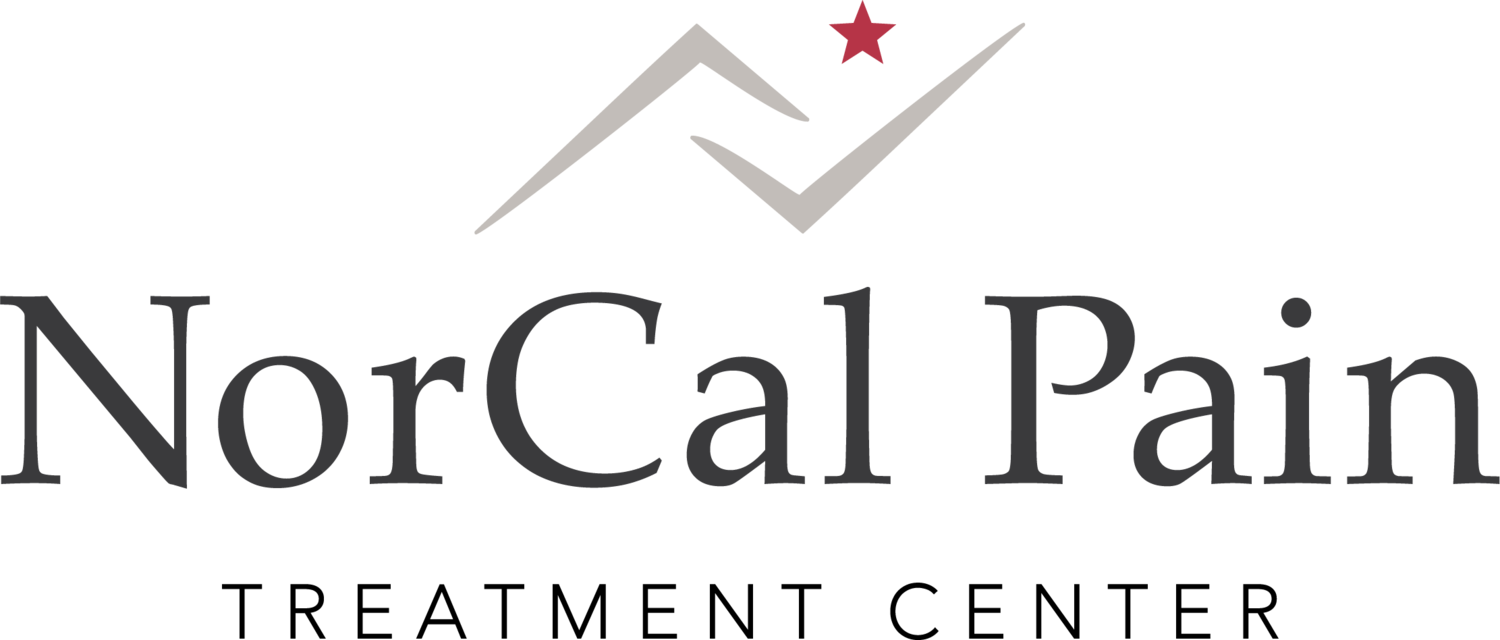Understanding Trigger Points and Knots
Understanding Trigger Points and Knots: Causes, Symptoms, and Relief
If you've ever experienced persistent muscle pain, you might have come across terms like "trigger points" and "knots." These are common sources of discomfort, often associated with muscle tension and pain. In this article, we'll delve into what trigger points and knots are, their causes, symptoms, and effective ways to find relief.
What Are Trigger Points and Knots?
Trigger Points: These are tight spots within a muscle that can cause pain when pressed or irritated. They are commonly referred to as "muscle knots" and can be felt as small, palpable nodules or bands of muscle fibers.
Knots: The term "knots" is often used interchangeably with trigger points. These knots are areas of muscle fibers that have become tangled or contracted and can feel like small, hardened bumps under the skin.
Causes of Trigger Points and Knots
Muscle Overuse: Repetitive motions or activities that strain a specific muscle group can lead to the development of trigger points. This is common among athletes and individuals with physically demanding jobs.
Muscle Imbalances: Muscle imbalances, where some muscles are stronger than others, can cause overcompensation and the formation of trigger points.
Poor Posture: Maintaining poor posture for extended periods can place undue stress on certain muscles, leading to the development of knots.
Emotional Stress: Emotional stress and tension can manifest physically, resulting in muscle knots and trigger points.
Common Symptoms
Identifying trigger points and knots often involves recognizing common symptoms, which may include:
Localized Pain: The pain is typically concentrated in a specific area and can vary in intensity, from mild discomfort to sharp pain.
Muscle Stiffness: Affected muscles may feel tight and inflexible, limiting your range of motion.
Referred Pain: Trigger points can also cause pain to radiate to other areas of the body. For example, a trigger point in the neck could cause pain in the shoulder or head.
Muscle Weakness: You may experience a decrease in muscle strength and endurance in the affected area.
Finding Relief from Trigger Points and Knots
Massage Therapy: Professional massage therapy, including techniques like myofascial release and trigger point therapy, can help release knots and alleviate pain.
Stretching: Regular stretching exercises can help prevent and relieve trigger points. Focus on stretching the specific muscle groups affected.
Heat and Cold Therapy: Applying heat or cold packs to the affected area can help relax muscles and reduce inflammation.
Physical Therapy: A physical therapist can provide targeted exercises and stretches to address muscle imbalances and prevent trigger points.
Medication: Over-the-counter pain relievers or muscle relaxants may be recommended for pain management but consult a healthcare professional before use.
Hydration and Nutrition: Proper hydration and a well-balanced diet can support muscle health and reduce the risk of developing trigger points.
Stress Management: Incorporate stress-reduction techniques such as meditation, deep breathing, and yoga to prevent emotional stress from manifesting as physical tension.
When to Seek Professional Help
If your trigger points or knots persist or worsen despite self-care efforts, it's advisable to seek professional help. At NorCal Pain Treatment Center we can perform a thorough evaluation, recommend appropriate treatments, and rule out any underlying medical conditions.
Understanding trigger points and knots is essential for managing and preventing muscle pain and discomfort. By recognizing the causes, symptoms, and effective relief strategies, you can take proactive steps towards maintaining healthy muscles and a pain-free lifestyle. Whether through self-care or professional assistance, addressing trigger points and knots can significantly improve your overall well-being.

